
As we move into 2025 and prepare for planting, think carefully about what you can do to set your soil up for a successful harvest. It should start with soil structure, fertility and nutrition. For me, soil testing is absolutely crucial to making good planting decisions – too much and you are wasting money – […]
Read More
We have no excuses. East Africa has produced world-record crops of barley in recent years and coming out of a wet season with a full profile of soil moisture, into a dry and bright finish in January and February, the potential this year is enormous on farms that have taken the long view and found […]
Read More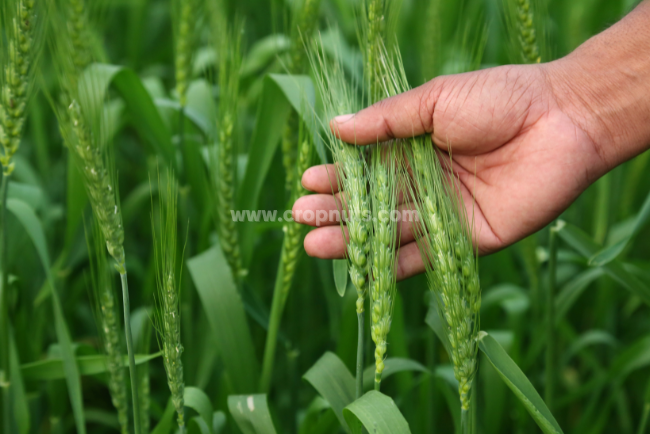
Manganese (Mn) is a crucial micronutrient in plant nutrition. Despite being required in smaller quantities, manganese plays a significant role in plant growth and yield. Let’s explore why manganese is vital for plants and how to manage it effectively for optimal crop productivity: 1️⃣ Role of Manganese in Plants Manganese activates important enzymes involved in […]
Read More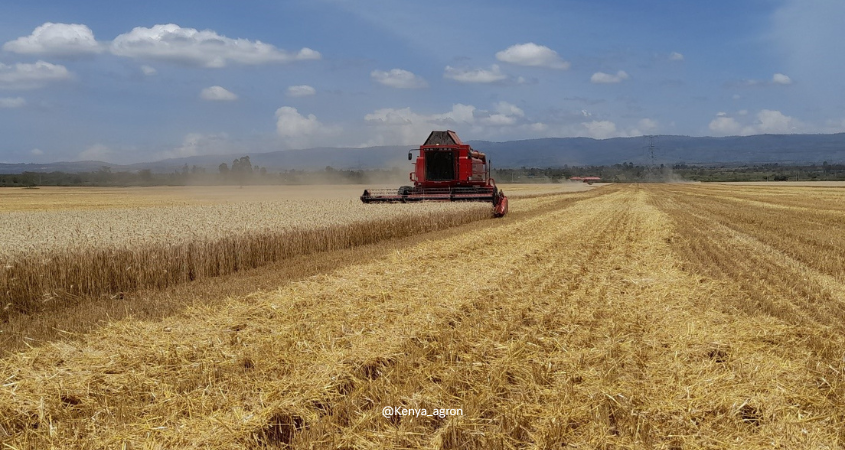
This will be a harvest that is unfortunately remembered for many years to come, for pre-harvest sprouting in wheat. We can’t say we couldn’t have seen it coming after a run of fairly easy, dry harvests but what is different about this harvest is that we have generally moved away from the highest-risk varieties like […]
Read More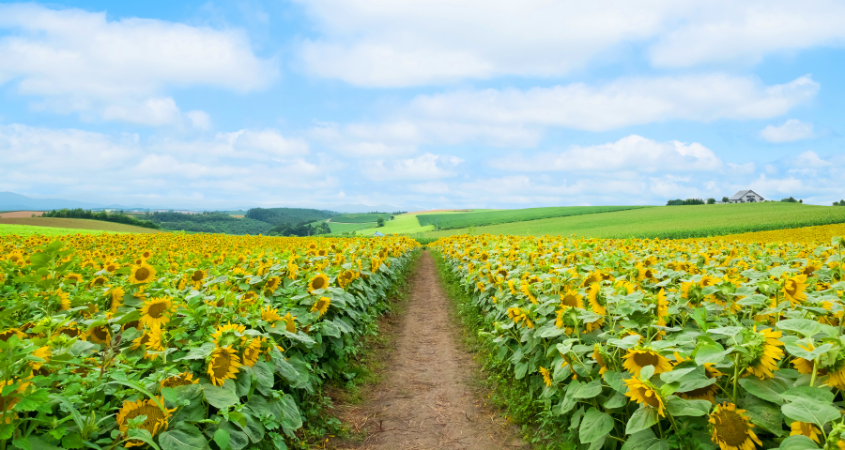
Boron (B) is an essential micronutrient that plays a critical role in plant growth and development. Despite being required in small quantities, boron significantly impacts crop yield and quality. Let’s explore the importance of boron in plant nutrition and how to manage it effectively for optimal crop production: 1️⃣ Role of Boron in Plants Boron […]
Read More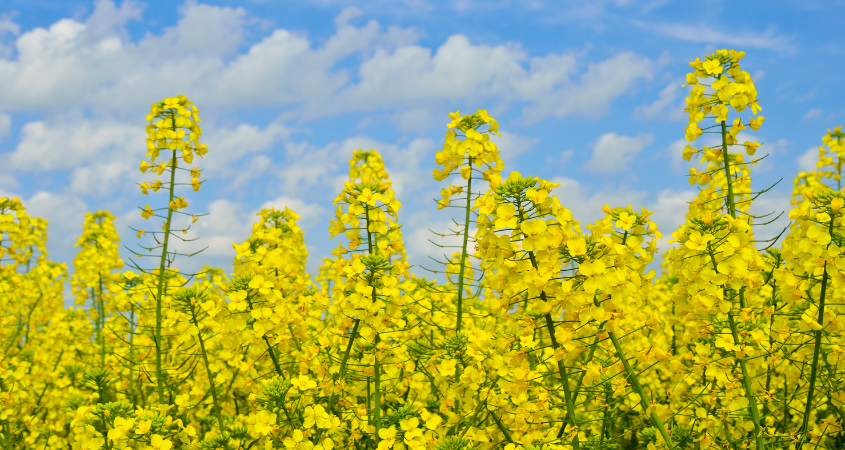
Sulfur (S) is a vital nutrient that plays a crucial role in plant growth and development. A secondary macronutrient, sulfur is indispensable for various physiological processes in plants. Let’s explore the importance of sulfur in plant nutrition and how it contributes to robust crop growth: 1️⃣ Role of Sulfur in Plants Sulfur is a key […]
Read More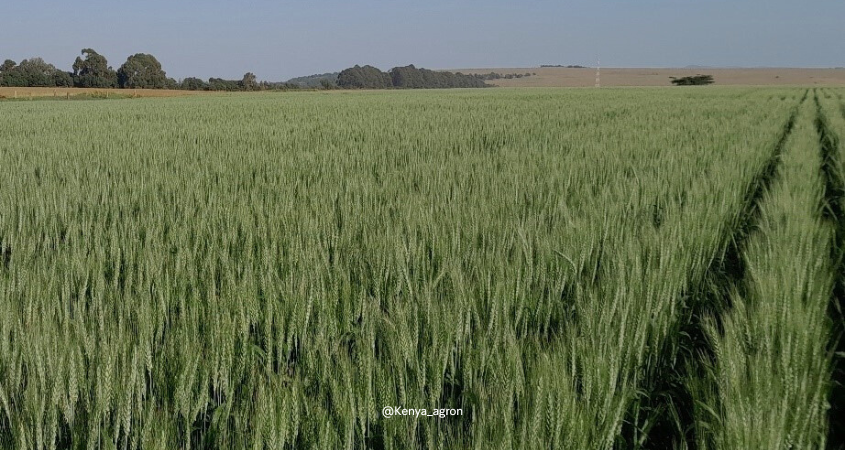
Think Agronomy Newsletter – July 2024 Having recently completed an exercise comparing wheat production costs and gross margins on clients’ farms, it is clear that there are a lot of improvements we can make by learning from each other. Variable costs alone have risen by around 65% in the past five years so it is […]
Read More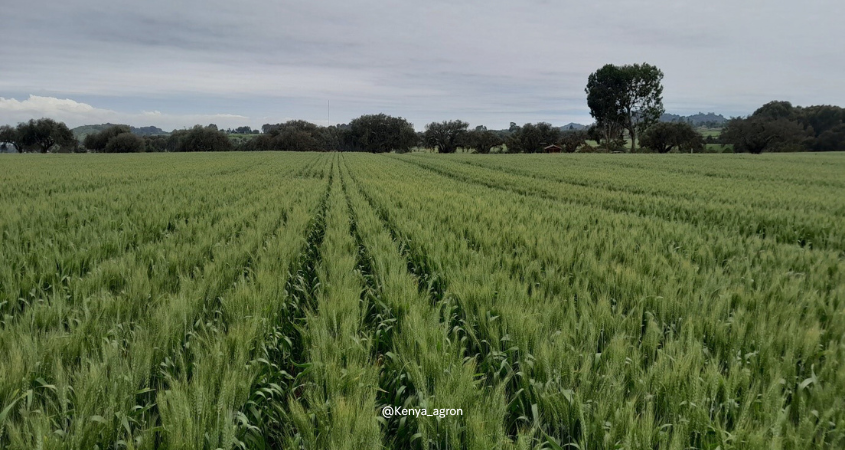
Think Agronomy Newsletter – June 2024 Growing a big crop that looks really promising… in a season with good rainfall… until those tell-tale white bleached ears appear when you are on the home straight. There is nothing more soul-destroying than seeing a great crop become heavily infected with Fusarium. Yield alone will be damaged, but […]
Read More
Think Agronomy Newsletter – May 2024 With good rain around there is a lot of potential in maize crops, so pushing them to reach their potential makes a lot of sense. Topdressing is one of those inputs that can really make a big difference to yields, with the addition of nitrogen raising yields by another […]
Read More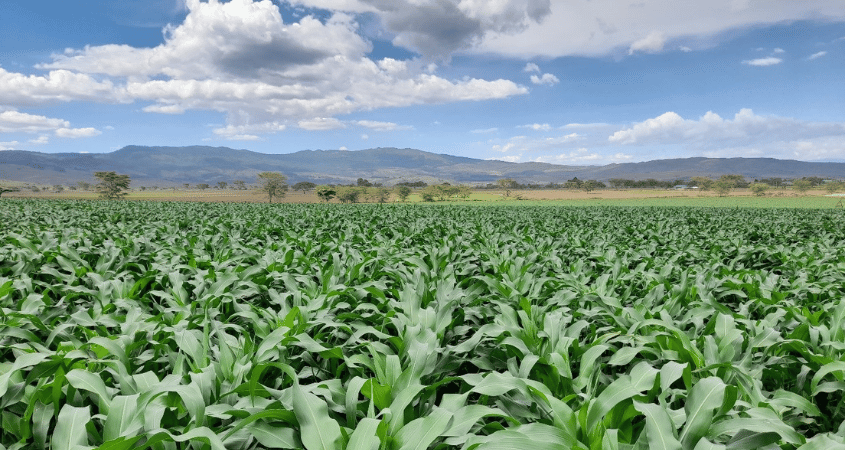
Think Agronomy Newsletter – April 2024 Since its arrival in 2017, Fall Armyworm has for some been a recurring challenge. For others, much less of a problem. I have been slightly surprised this season by the higher levels of damage early on in crops than I have seen in recent years, but these are not […]
Read More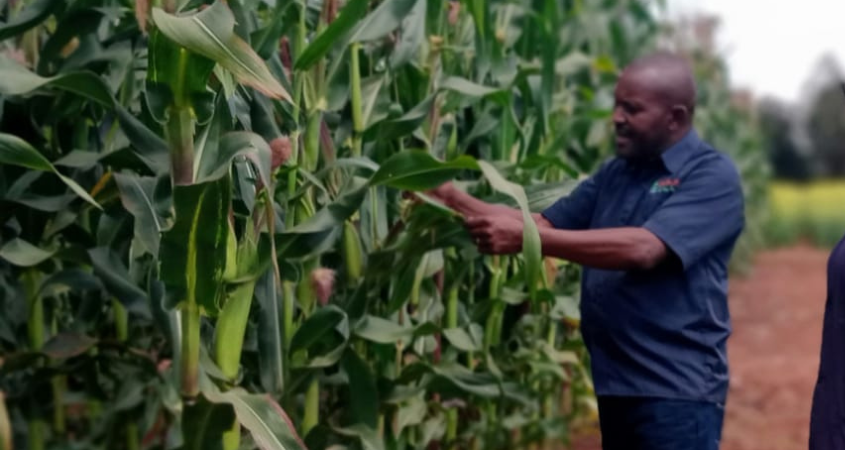
Think Agronomy Newsletter – Updated on Wednesday, 13th March 2024 Visiting the agrovets presents a bewildering choice at this time of year, as that all-important decision around which maize seed to plant comes closer. We take a look at some of the options available for 2024 for high and mid-altitude areas. Highland The choices for […]
Read More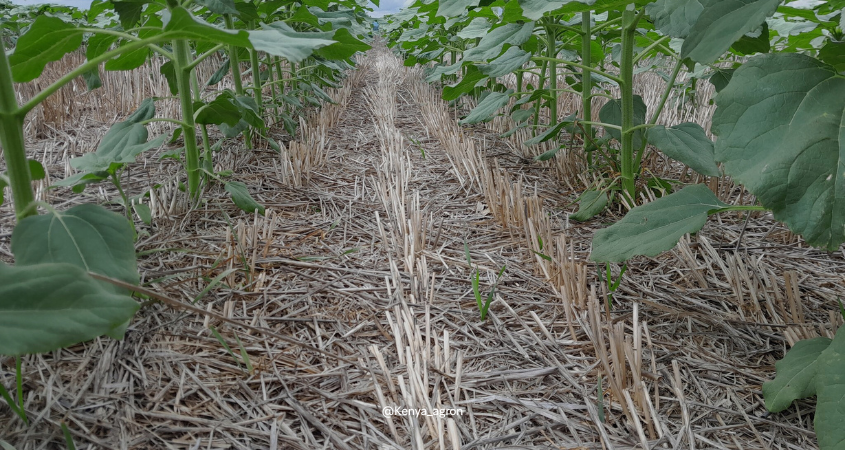
Agricultural practices have evolved to embrace reduced tillage and, increasingly, no-till farming. Reduced tillage involves minimal soil disturbance, preserving the soil structure and reducing the risk of compaction. No-till farming takes this a step further, eliminating mechanical soil disturbance altogether. Benefits: 1️⃣ Preserving Soil Structure Soil structure refers to the arrangement of soil particles into […]
Read More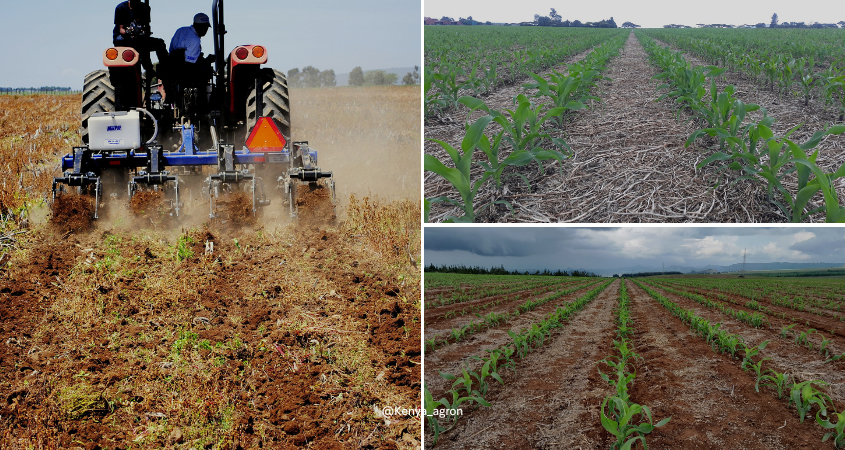
The success of maize cultivation hinges on a series of land preparation practices that encompass timing, planting techniques, seed germination, and the judicious use of fertilizers and soil amendments. In this discussion, let’s unravel the intricacies of these best practices, highlighting their pivotal role in establishing the foundation for a thriving maize crop. 1️⃣ Timing […]
Read More
Soil microbes, the fungi bacteria and protozoa in the soil, are the driving force behind nutrient availability for plants. As growers, understanding and harnessing the power of these microbial allies can unlock the full potential of our soil and boost the health and productivity of our crops. Let’s take a deep dive into how to […]
Read More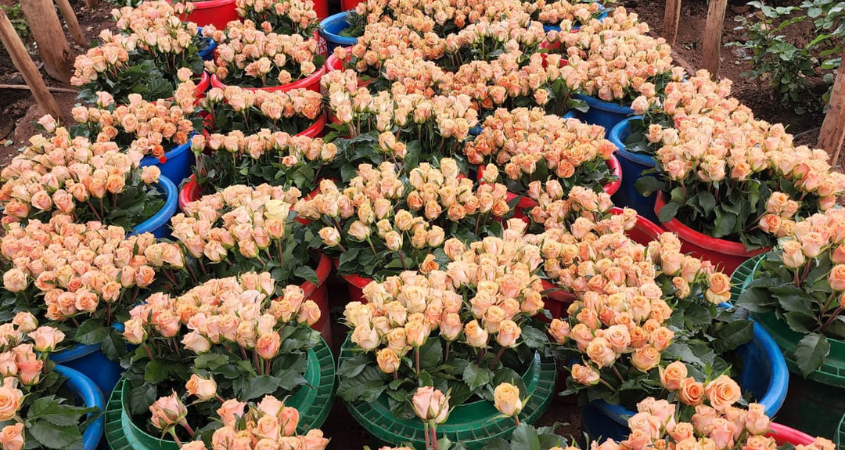
Achieve a breathtaking display of beautiful blooms with our specialized fertilizer program designed for repeat-blooming rose varieties. Tailored to the unique needs of these delightful roses, our program ensures consistent flowering cycles and robust growth throughout the season. Let’s explore the stages and key fertilization strategies for cultivating stunning repeat blooming roses: 1️⃣ Pre-Planting Stage: […]
Read More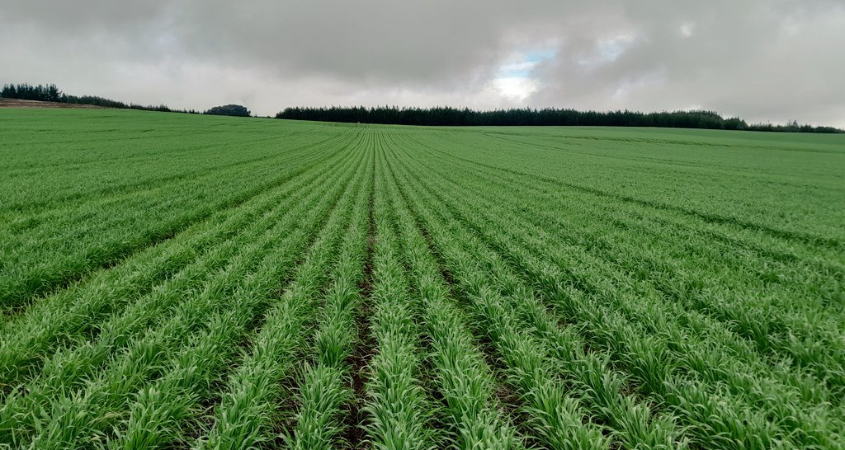
You have chosen your favourite variety, prepared the soil and are ready to plant. Hopefully you have examined the soil structure and taken action to remedy any compaction or structural issues, now you just need to load the planter with seed…. and fertiliser. One of the most important things you can do is take a […]
Read More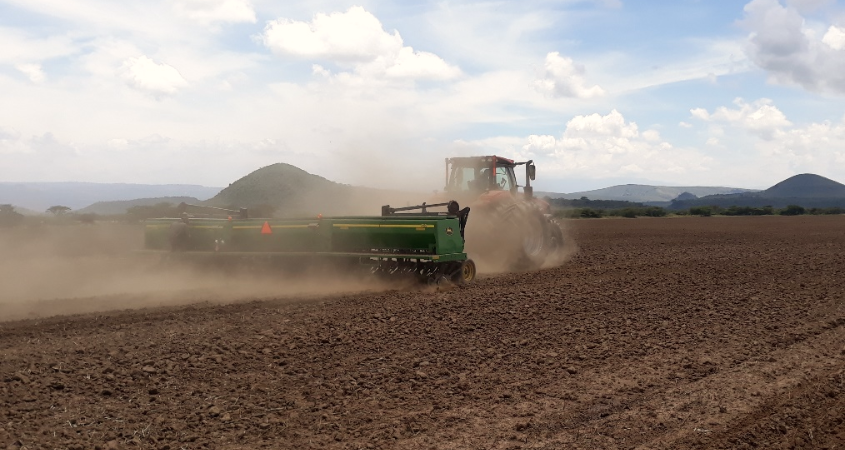
As we look ahead to the planting season, land preparation is already underway. We run through some pointers on what to look for when preparing fields, to make sure that you give your crops the best chance this year. Number one for me is always dig a hole. This allows you to not only examine […]
Read More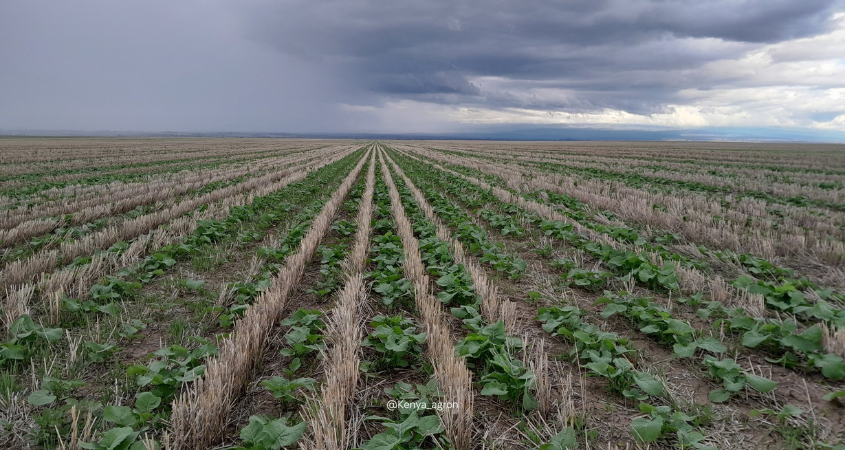
Effective nutrient management is crucial for optimising crop growth and achieving high yields. It involves understanding the nutrient requirements of crops, maintaining soil nutrient balance, and employing sustainable practices to enhance nutrient availability. Here are some key insights into nutrient management: 1️⃣ Soil Testing Before embarking on nutrient management, soil testing is essential. This process […]
Read More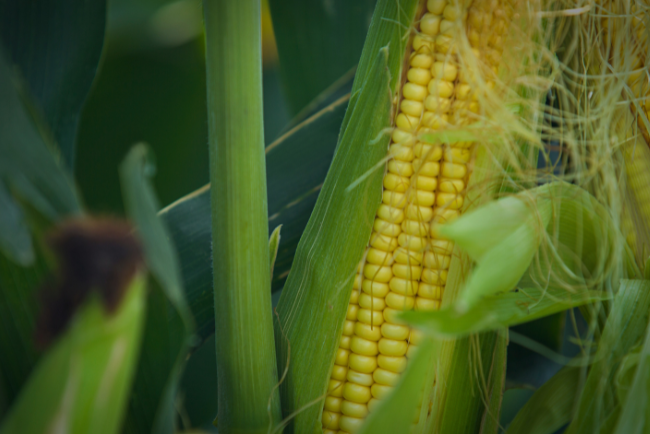
Maize is a resource-intensive crop. Fertilizers and other inputs are costly. A data-driven crop nutrition program, based on targeted soil and leaf sampling, prevents the over-application of nutrients when they aren’t needed, reducing costs and environmental impact. Understanding the maize growth stages allows for the efficient application of these inputs. Why Focus on Maize Crop […]
Read More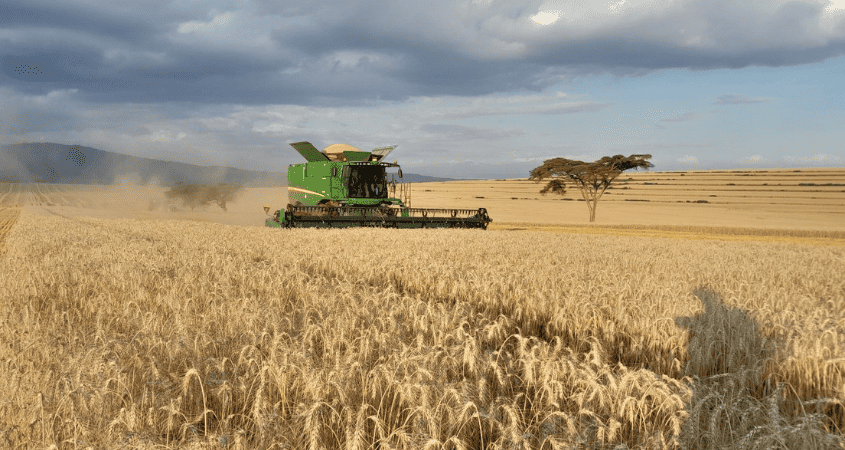
The arrival of a new fungicide that has passed ever-stricter safety and environmental scrutiny, and improves the standard of disease control in crops is always big news. Newly launched fungicide Elatus Arc from Syngenta appears at a time when registering new chemistry is becoming increasingly challenging globally, and resistance to fungicides is developing at an […]
Read More
Maize silage is possibly the number one choice for high-yielding dairy cows, with high energy content and high intakes. But what makes a good forage maize variety? After six trials we have found large and consistent differences in yield and feed quality between various hybrids, which should help farmers choose more suitable varieties for high-performing […]
Read More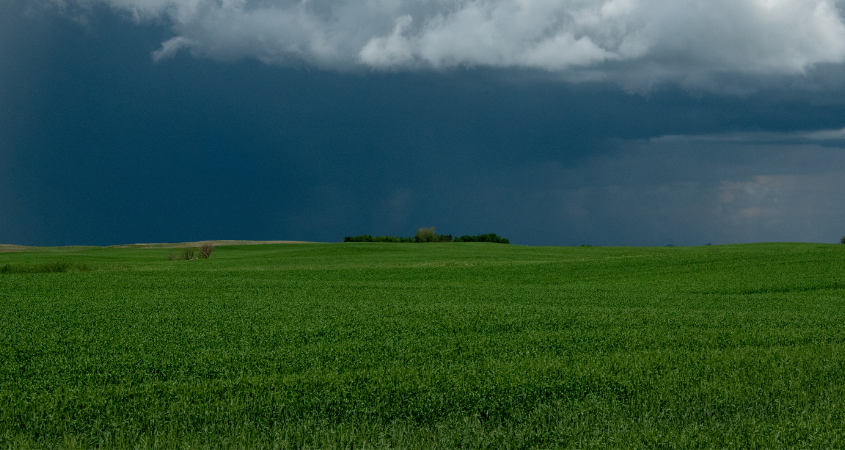
As speculation over an impending El Niño continues to build, growers are advised to plan ahead to ensure that they are not caught out at planting and are in a position to make the most of what could be a high-potential season. Several farmers familiar with the 1997/98 El Niño have told me “Be careful […]
Read More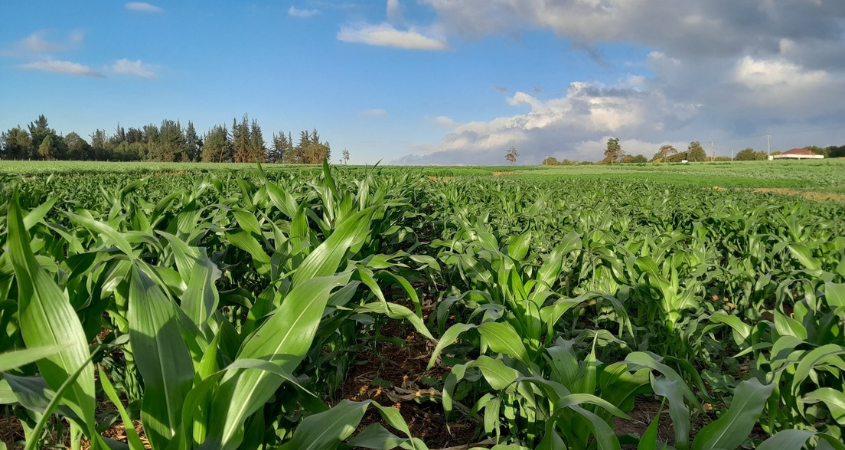
Every time I attend a talk, watch a video, or read an article on crop nutrition, the moment I hear the words “Nutrient X is important for [pollen formation / photosynthesis / insert any other process in the plant]”, I switch off. Whilst it is entirely true that different nutrients perform very different functions within […]
Read More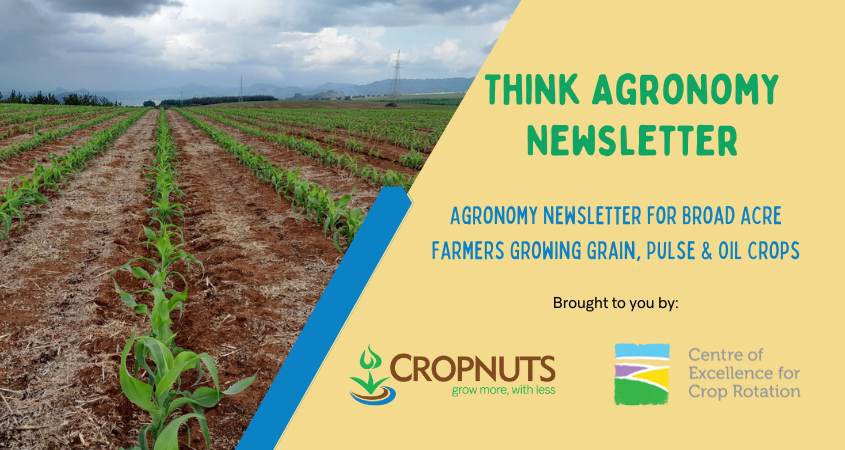
For five years we have tested maize plant populations, and every year we find that the existing advice to plant at 45-50,000 plants/ha does not produce the highest yields or the highest margin – or the best weed control. It is very clear that maize plant populations across the country need a fundamental re-think, and […]
Read More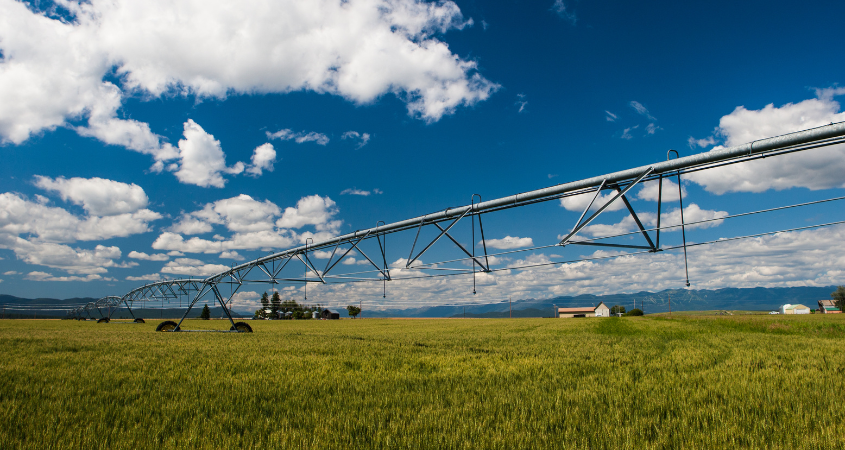
I hope this article finds you well. As we wind up on the planting of the irrigated wheat crops, I wanted to highlight the significance of leaf sampling for maximizing our crop performance and share valuable insights on this essential practice. Leaf sampling is a valuable tool for irrigated wheat production, enabling growers to assess […]
Read More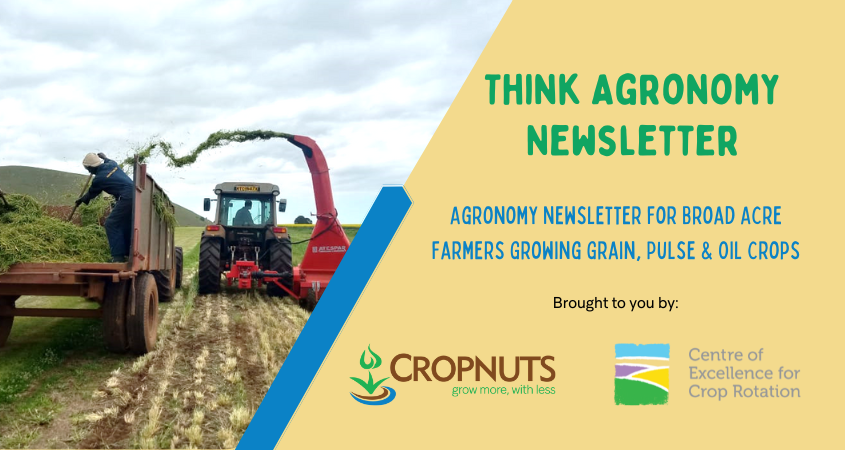
Maize silage Easy to establish and reliable, maize produces a very palatable and high-energy silage provided that it is well chopped and ensiled properly. Typically over 11 Mj of metabolisable energy per kilo, it is a great way of storing crop to feed for livestock later. The main drawbacks are that it needs to be […]
Read More
As we approach the potato planting season, good planning is essential to achieve the best from the crop and maximise your profits. We take a look at the steps to consider: Number 1 is certified seed; you do not need the crop to be held back by diseases such as Blackleg, Black Dot, and Rhizoctonia […]
Read More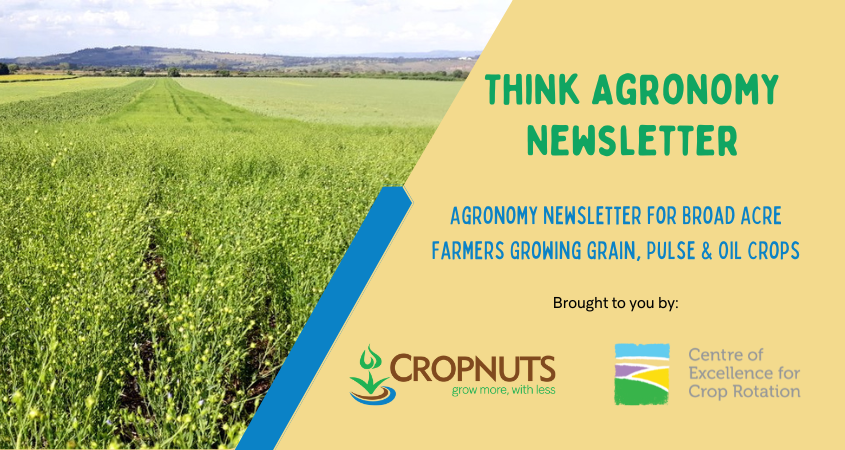
Legumes for a crucial part of the crop rotation on many levels, adding valuable soil nitrogen, reducing root diseases such as Take-all and Fusarium in cereals, improving soil structure and allowing control of grass weeds such as Brome and Ryegrass. Something that I have seen first-hand over the last few years in Kenya is the […]
Read More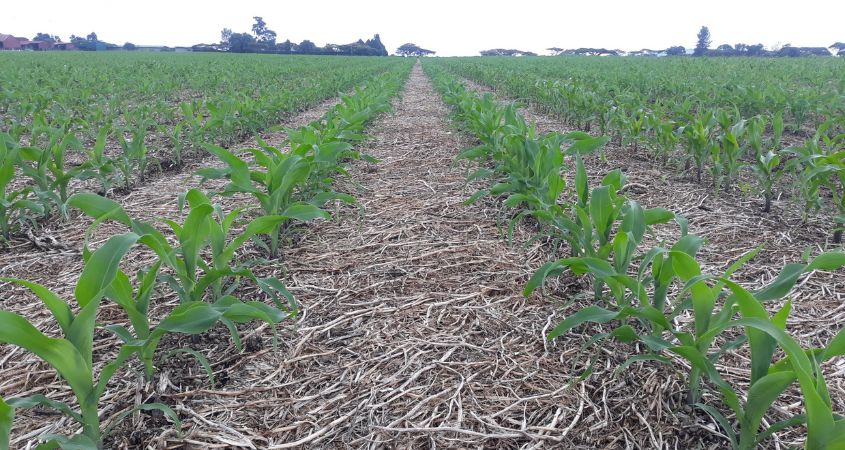
Background information While many approaches, such as nutrient omission trials, have been shown to be beneficial in adjusting fertilizer recommendations such as nitrogen (N) fertilizer-based rates, severe nitrogen deficiencies persist across Kenyan farms. These can be attributed under application of N, or N loss. A large amount of the applied N is lost due to […]
Read More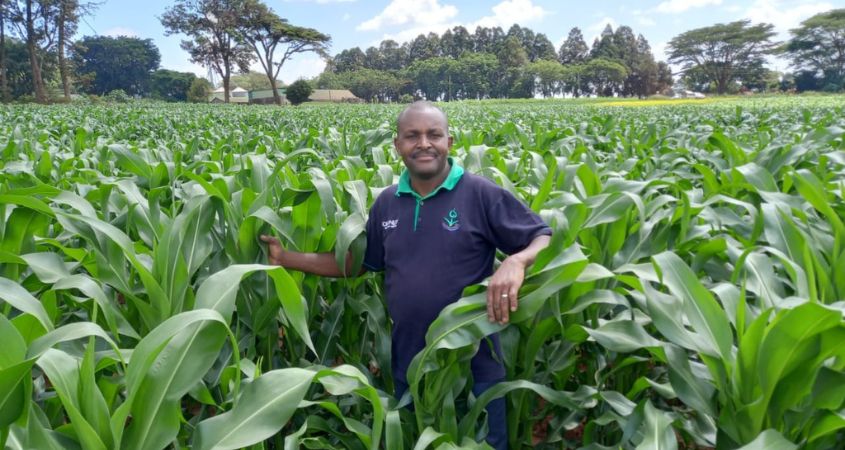
In many places of the world, soil acidity is a substantial constraint to soil productivity. Sodium, aluminum, manganese, and hydrogen ion toxicity, as well as deficits in critical elements such as nitrogen, calcium, magnesium, phosphorus, and molybdenum, all contribute to plant growth suppression. Agricultural management practices have increased shifts in soil pH, raising concerns about […]
Read More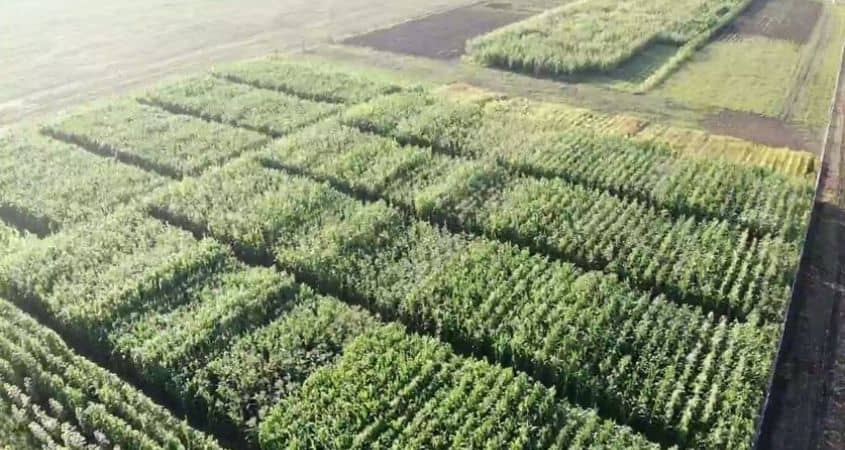
The trials team certainly had high expectations for their Nakuru Maize Variety Trial, but this extraordinary average yield certainly opened their eyes. The Nakuru site is just one of the 8 sites across the country that we’ve test varieties in different climates over the past 12 months. Had we grown the top-yielding variety in this […]
Read More
Read More
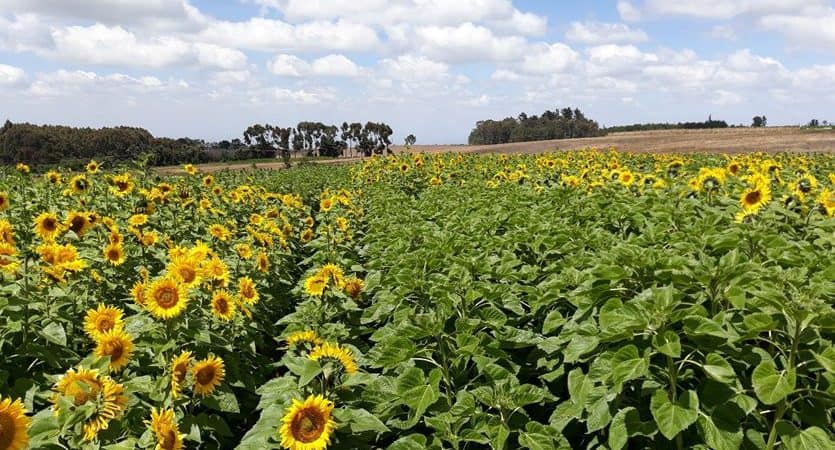
Sunflowers are a fantastic crop for Kenya and can provide extra income for farmers in the off-season as well as many rotational benefits to the soil. But to get top yields it is crucial to check on your herbicides and keep the crop free from weed competition for the first 6-7 weeks. Good planting ensures […]
Read More
For the past three seasons growers have been reporting Fall Armyworm in the tips of cobs from silking right through to maturity, with damage at harvest similar to the photo below. Fall Armyworm numbers have clearly been on the decline since they first arrived in 2017, with some exceptions, and this year they appear to […]
Read More
With malting barley plantings down considerably this year, many farmers will be growing extra acres of wheat to make up for the area lost. But what varieties should you grow to manage the risks of a big wheat area? Robin Still yields very well in our trials, and most importantly of all is consistent across […]
Read More
Think Agronomy 15th May 2020 If you set out to collect several hundred Fall Armyworm larvae for an experiment, I can tell you that it is a long task, which seems to take longer each year. Sure, if you look for them they are easy enough to find in fields that have perhaps not received […]
Read More
As crops progress through the growth stages, weed control in maize up to 7-8 leaf stage is crucial to avoid yield loss. There are a number of maize herbicide options on the market, so we explore their strengths and their weak points… Stellar Star Stellar Star is very strong on Gallant Soldier, Datura and Mexican […]
Read More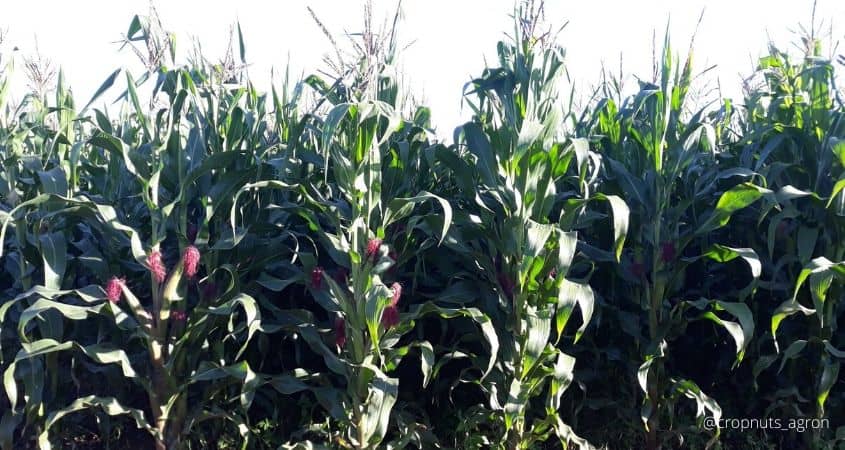
Maize plant population and seed rate comparison data from our maize variety trial sites has been very enlightening. Last week we looked at the results of our Cropnuts Maize Variety Trials in 2019 and highlighted how some maize varieties perform very differently at higher plant populations. Within the Variety Trials last year at every site, […]
Read More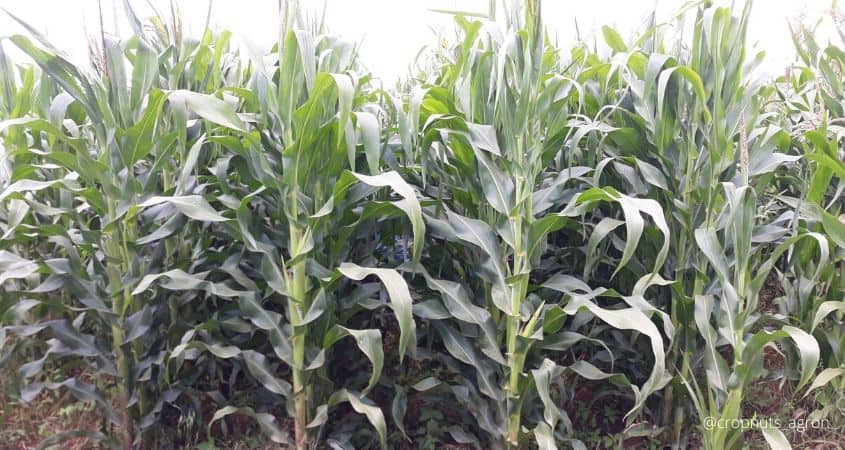
Choosing the right variety is important for any crop, but with a crop like maize where there is just so much choice, where do you start? Last season we carried out four fully replicated maize variety trials in the highland areas; in Timau, Rumuruti, Nakuru and Eldoret to independently compare a range of maize varieties […]
Read More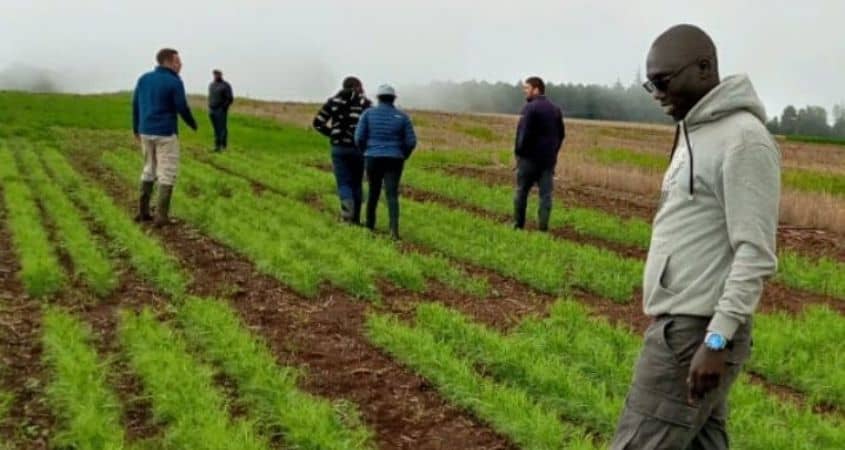
Importance of Molybdenum & Cobalt On Legumes Looking back through some of our legume crop field trials which have focused mainly on peas, the use of molybdenum and cobalt on the seed has consistently shown improvements in nodulation and yield. We know how important molybdenum is on legumes and brassicas in most Kenyan soils so […]
Read More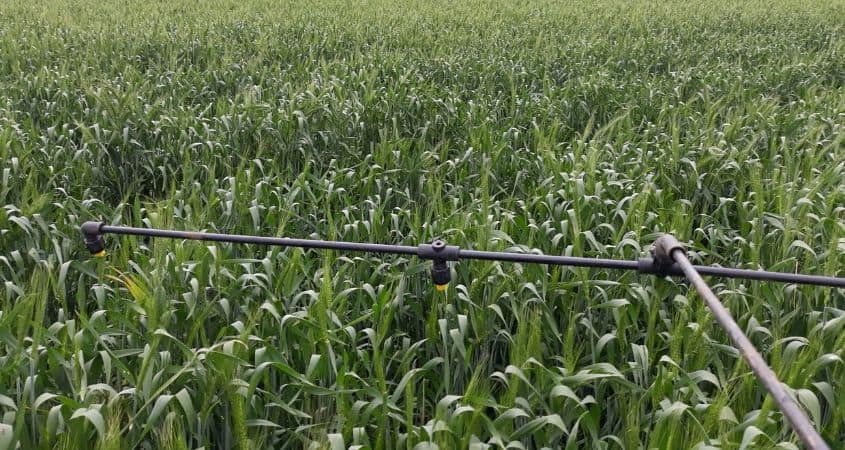
Fungicides are biocidal chemical compounds used to kill parasitic fungi or their spores. Fungi can cause serious damage in agriculture, resulting in critical losses of yield, quality, and profit. Fungicide Classification Fungicides are mostly known by their brand names. But when you want to get scientific about farming, it’s important to understand a bit more about which ones to use in different crops, and […]
Read More